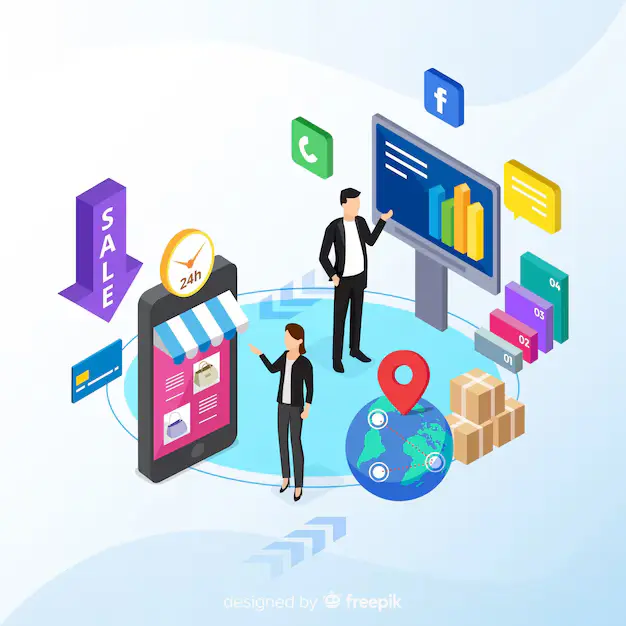Market Dynamics
Retail
The retail industry is a critical part of the global economy, connecting manufacturers with consumers and offering a diverse range of goods and services. From physical stores to digital platforms, the retail landscape is constantly evolving due to technological advancements and shifts in consumer behavior.

The retail sector operates in a highly competitive environment, shaped by changing consumer preferences, technological innovation, and globalization. Consumers are increasingly looking for convenience, personalized experiences, and value. The digital transformation, including the rise of e-commerce and mobile commerce, has fundamentally changed how consumers shop and interact with brands, creating new opportunities and challenges for retailers.
Key Segments
Apparel & Fashion
Serving consumer demands for style and functionality.
Consumer Electronics
Offering the latest technology and gadgets.
Groceries
Essential goods ranging from fresh produce to packaged foods.
Health & Beauty
Products that cater to wellness and personal care.
Emerging Trends
Key trends include the growth of online shopping, the integration of physical and digital channels (omnichannel retailing), and a focus on sustainability and ethical practices. Retailers are also adopting data-driven personalization and technologies like artificial intelligence (AI) to enhance customer experiences and stay ahead in a competitive market.
The digital transformation of retail has accelerated rapidly, with e-commerce becoming a dominant force in the industry. Consumers increasingly prefer the convenience of online platforms, prompting retailers to invest in user-friendly websites and mobile apps. This shift has led to the rise of omnichannel retailing, where businesses seamlessly integrate their physical and digital presence. Strategies like 'Buy Online, Pick Up I

Leveraging Advanced Software for Seamless Retail Transformation
Supply Chain Efficiency
Advanced software solutions streamline supply chain operations, helping retailers reduce lead times, lower logistics costs, and ensure product availability.
Inventory Management
With data analytics and demand forecasting tools, retailers can optimize inventory levels, minimize stockouts, and reduce excess stock. This leads to better inventory turnover and reduced carrying costs.


Personalized Customer Experience
Retailers use software to personalize shopping experiences through data-driven insights, improving customer engagement and driving sales growth.
